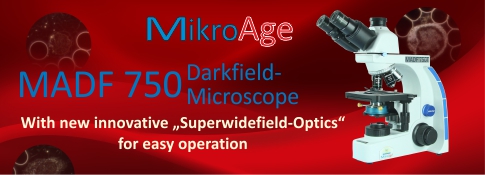ICSI Intracytoplasmic Sperm Injection
ICSI stands for "Intracytoplasmic Sperm Injection," and it is a specialized technique used in reproductive medicine. It is a form of assisted reproduction employed when there is male infertility, characterized by poor sperm quality or a low sperm count.
Details
Microscopic Application of ICSI:
During ICSI, a single sperm is directly injected into a woman's egg to facilitate fertilization. The procedure is carried out under a specialized microscope known as an "injection microscope" or "ICSI microscope." This microscope is equipped with micromanipulators and fine micropipettes that allow embryologists to precisely capture the sperm and introduce it into the egg.
ICSI Procedure:
-
Preparation of Eggs: Prior to ICSI, the woman's eggs are typically retrieved after undergoing hormonal stimulation to promote the development of multiple eggs.
-
Sperm Retrieval: The sperm, either from the male partner or a donor, is collected through ejaculation or directly from the testes (e.g., via testicular biopsy).
-
Sperm Injection: A single sperm is carefully picked up with a micropipette and then directly injected into an egg using the ICSI microscope.
-
Observation of Fertilization: After the sperm injection, the eggs are incubated under specific conditions to allow fertilization to occur. Embryologists observe the development of the embryos in the following days.
Applications:
-
Male Infertility: ICSI is commonly used in cases of male infertility when the sperm count is low, sperm motility is impaired, or there are morphological abnormalities in the sperm.
-
Insufficient Fertilization in Previous Treatments: If conventional assisted reproductive techniques, such as in vitro fertilization (IVF), have resulted in insufficient fertilization, ICSI can be applied to increase the chances of successful fertilization.
-
Recurrent Miscarriages: ICSI may be employed for couples experiencing recurrent miscarriages to circumvent potential genetic or chromosomal issues with the sperm.
-
Genetic Conditions: In cases where a man carries a genetic condition that he wishes to avoid passing on to his offspring, ICSI can be used in conjunction with preimplantation genetic testing (PGT) to select embryos with specific genetic characteristics.
Equipment Needed for an ICSI Microscope:
-
Injection Microscope: A specialized microscope with high-quality optics, optimized for the micromanipulation of cells and sperm.
-
Micromanipulators: Precise motorized micromanipulators that allow the embryologist to control the fine micropipettes used for sperm injection.
-
Micropipettes: Fine glass pipettes specially designed for the retrieval and injection of sperm into eggs.
-
Incubator: A dedicated incubator providing optimal conditions for cultivating the fertilized eggs.
The ICSI technique represents a significant advancement in assisted reproduction and has helped many couples with male infertility issues achieve successful pregnancies and build families.

















































